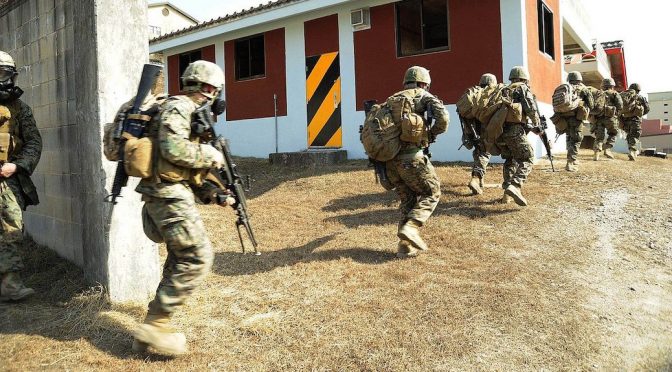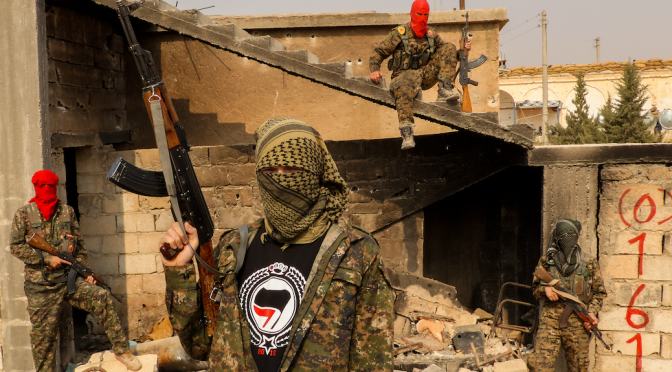The development of a counterterrorism enterprise after Sept. 11, 2001, has seen over the course of nearly 20 years both tactical successes and strategic obstacles. Matthew Levitt frames this overview of counterterrorism policy by observing that the current focus on Great Power and near power competition as US national security priorities reflects the success of… Continue reading Rethinking U.S. Efforts on Counterterrorism: Toward a Sustainable Plan Two Decades After 9/11
Tag: Counterterrorism Law
“Until They Are Effectively Destroyed”: The U.S. Approach on the Temporal Scope of Armed Conflicts with Terrorist Organizations
Warfare has transformed in the modern age from traditional warfare to more states engaging in non-international armed conflict, like the so called “war on terror.” However, the United States adheres to a standard regarding the end of non-international armed conflicts that deviates from the various approaches of international law practitioners and scholars. In this article,… Continue reading “Until They Are Effectively Destroyed”: The U.S. Approach on the Temporal Scope of Armed Conflicts with Terrorist Organizations
The Citizenship Hook: Obligations to British and French Foreign Fighters Under the European Convention on Human Rights
The rise of ISIS was characterized by unprecedented numbers of Western citizens traveling across the globe to fight for the “caliphate.” Their capture created a humanitarian crisis in the region: what to do with those citizens who were captured by the Iraqi and Syrian governments? European governments, the UK and France in particular, have been… Continue reading The Citizenship Hook: Obligations to British and French Foreign Fighters Under the European Convention on Human Rights



